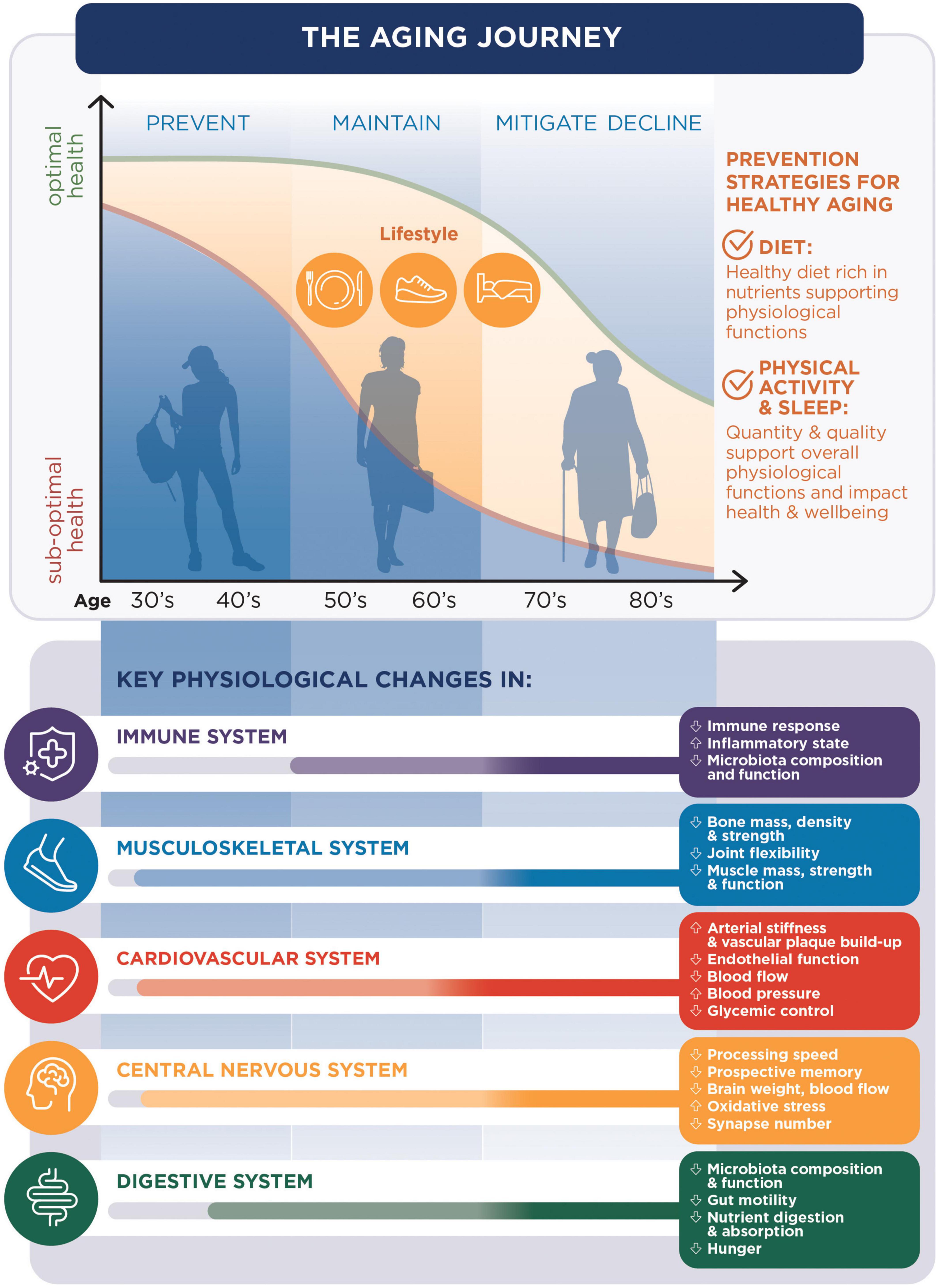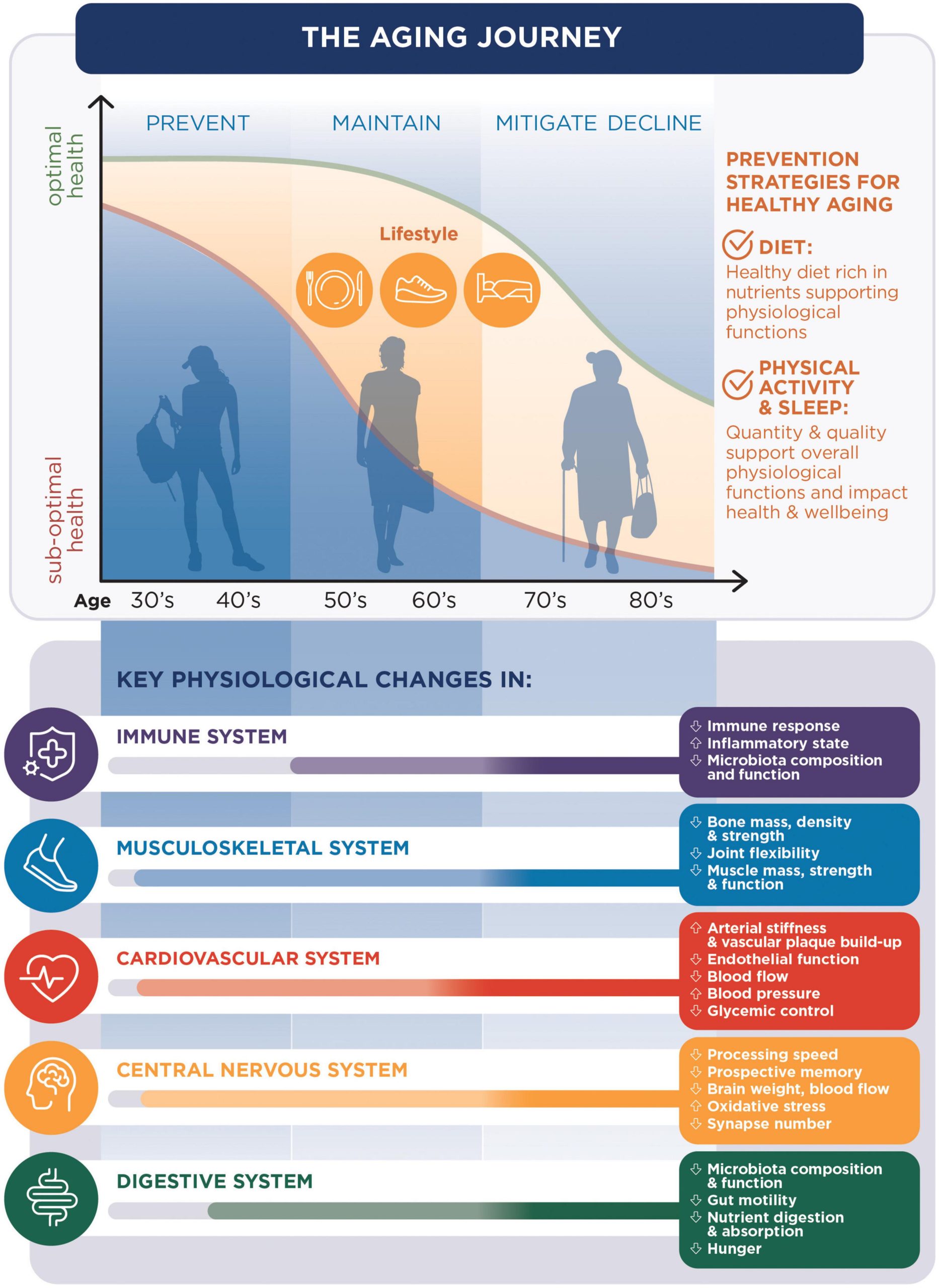
Most individuals perceive high blood pressure as a stealthy hazard to the heart. However, it is imperative that we begin discussing another organ it insidiously harms: the kidneys.
As a researcher and clinician in public health, I have witnessed how chronic kidney disease (CKD) silently manifests—particularly in older adults—and how hypertension frequently remains an unacknowledged offender. Although it can be prevented and treated in its initial phases, CKD continues to be a significant source of anguish and mortality, especially among aging and underserved demographics. Yet, it seldom garners the public attention it warrants.
In a recent examination of data from the National Health and Nutrition Examination Survey (NHANES), I investigated the correlation between hypertension and CKD in over 4,000 U.S. adults. What I uncovered was distressing: Individuals with hypertension faced a significantly heightened risk of developing CKD, and that risk escalated with age. For adults aged 60 and over, the presence of high blood pressure almost tripled the likelihood of CKD—regardless of other factors such as race, income, diabetes, and medication usage being taken into account.
That statistic is not merely clinical—it serves as a clarion call.
**Why are we not detecting this?**
CKD frequently advances without symptoms, remaining unnoticed until it reaches a severe stage. By that time, patients may find themselves confronting dialysis, waiting lists for transplants, or severe complications. If we are not proactively screening for it—especially in those with high blood pressure—we risk overlooking a vital opportunity for prevention.
Current clinical approaches often regard hypertension solely as a cardiovascular concern. However, my research indicates that we should be more diligently screening hypertensive patients for early kidney damage, particularly those in older age groups. Regular assessments for estimated glomerular filtration rate (eGFR) and urine albumin levels could reveal early indicators of CKD, affording us an opportunity to intervene prior to permanent damage.
**The age gap**
My findings also highlight a significant age-related disparity. While younger adults with hypertension do exhibit increased risk, the influence of high blood pressure on kidney function is markedly greater in older individuals. The combination of aging kidneys and elevated blood pressure seems to create a perfect storm.
This highlights a broader issue within preventive care: We frequently approach older patients reactively instead of proactively. Yet, in the context of CKD, waiting for symptoms to manifest is an expensive error.
**A plea for reform in policy and practice**
We must incorporate kidney screening into routine hypertension management—especially within primary care environments catering to vulnerable populations. Public health guidelines ought to advocate for targeted screening procedures, and insurers should reimburse routine eGFR and urine albumin tests for hypertensive adults aged over 60.
Moreover, community health initiatives could enhance awareness regarding the connection between hypertension and CKD, particularly within at-risk communities such as Black, Hispanic, and low-income populations—who are already bearing unequal burdens from both conditions.
**From data to action**
Public health research akin to mine holds value only when it translates to tangible outcomes. The data is compelling, yet transformation occurs when clinicians, policymakers, and educators convert findings into actions. We cannot permit the silent advancement of CKD in older adults to be overlooked—especially since one of its principal risk factors, hypertension, is already present in clinical settings.
As a clinician-researcher, I am committed to closing the gap between academic research and patient care. Let us begin by broadening the conversation surrounding high blood pressure to encompass the kidneys. Let us normalize the practice of early kidney screenings for hypertensive patients. Let us provide our aging patients with a better opportunity for kidney health before it becomes too late.
Because silence can be fatal—and in the realm of CKD, it is time to take action.
*Edmond Kubi Appiah is a public health researcher and clinical research coordinator.*
